Prelude to Space by Arthur C. Clarke
Prelude to Space is the first novel Arthur C. Clarke wrote and is generally not considered as good as Childhood’s End (1953), probably the most famous of Clarke’s early novels. The publication history of this story is not unusual for the period. Clarke wrote the novel in the space of a month in 1947 but it wasn’t until 1951 that the whole novel was published in magazine format by Galaxy Science Fiction.
Read More

 (1917-2008)
(1917-2008)




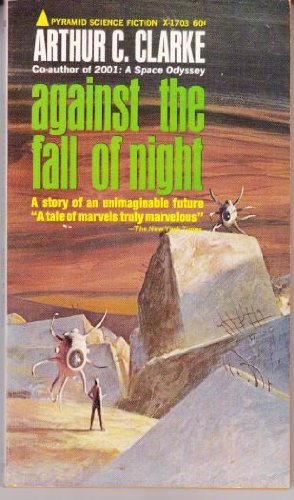




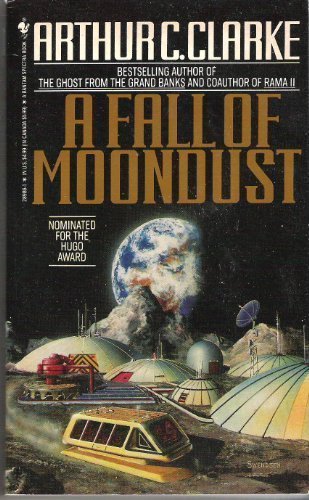





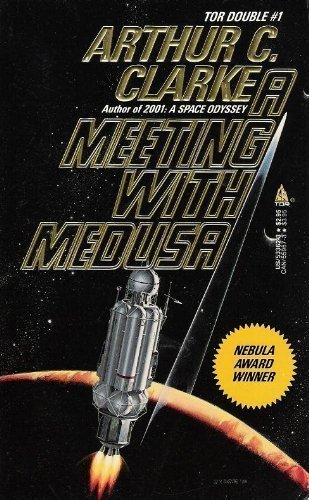
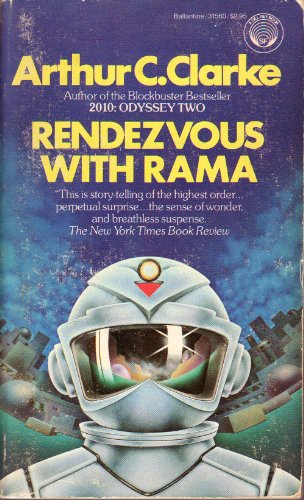










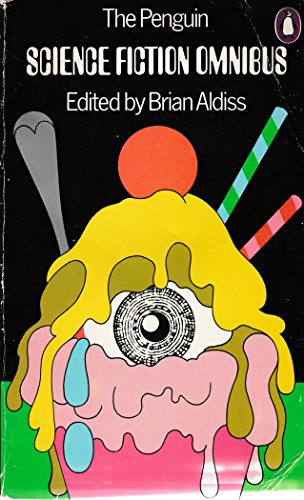



COMMENT Was I hinting that? I wasn't aware of it. But now that you mention it.... 🤔
So it sounds like you're hinting Fox may have had three or so different incomplete stories that he stitched together,…
It's hardly a private conversation, Becky. You're welcome to add your 2 cents anytime!
If the state of the arts puzzles you, and you wonder why so many novels are "retellings" and formulaic rework,…
I picked my copy up last week and I can't wait to finish my current book and get started! I…